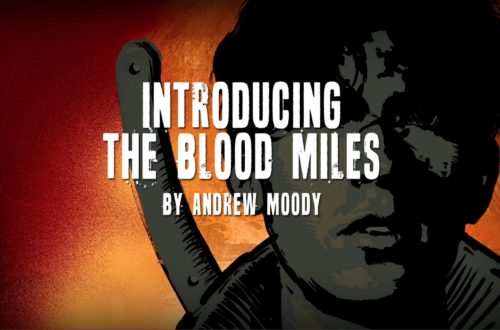
Reading and Writing – Literal Magic
I recently had the opportunity to talk about “Reading and Writing to the Glory of God” at the RTC in Melbourne. Here is an expanded version of some of what I said.
Is there anything closer to magic than reading and writing? The idea that by making some marks on a page, you can send your very thoughts into another person’s brain is bananas. And it gets even wild when you realise it works with dead people too. How can we ever get used to being able to read the minds of people who lived 5000 years ago in Mesopotamia? How is it possible that even then, those people possessed technology capable of conjuring up places and people and events?
Reading and writing allow us to read, not just other human minds but God’s mind.
From a Christian perspective, reading and writing are even more weird and wonderful because they are human inventions that God uses. Reading and writing allow us to read, not just other human minds but God’s mind. God speaks through human authors. The Holy Spirit takes that writing and helps us to see its secret meaning (i.e. Jesus). The Spirit uses this writing and reading to open blind eyes, and restart dead hearts, and change lives. This is a different sort of magic—more on this later.
Dangerous Words
Meanwhile, reading and writing—like all powerful technologies—have their dangers too. If we don’t glorify God as we read and write (especially if we read and write about God without glorifying God), then bad things will happen. We will lose our ability to perceive the truth (or falsity) of what we are reading. We will know less as we know more. We will become blind fools.
This is a huge theme in the New Testament. Jesus comes to give sight to the blind, but also to blind those who won’t respond to what they are seeing (e.g. John 9). If we don’t carefully consider what we hear, even what we have will be taken from us (Mark 4:24-25). If we read simply to impress other people, we will lose our ability to see the truth and meaning of what we are reading (c.f. John 5:39-44).
And it’s not just what we receive (via reading or listening or whatever) but what we put out. Paul says that the whole miserable state of human religion and morality is part God’s judgement on our refusal to answer revelation with thanksgiving and glorify him:
For although they knew God, they neither glorified him as God nor gave thanks to him, but their thinking became futile and their foolish hearts were darkened … 24 Therefore God gave them over in the sinful desires of their hearts to sexual impurity for the degrading of their bodies with one another … 26 God gave them over to shameful lusts … 28 God gave them over to a depraved mind, so that they do what ought not to be done. (Romans 1:22-28)
Paul is talking about humanity in general here. But the dangers are worse for Christians. As Jesus warns:
The servant who knows the master’s will and does not get ready or does not do what the master wants will be beaten with many blows … From everyone who has been given much, much will be demanded; and from the one who has been entrusted with much, much more will be asked. (Luke 12:47-48).
In his classic Knowing God, J.I. Packer describes how such judgement can work itself out:
If we pursue theological knowledge for its own sake, it is bound to go bad on us. It will make us proud and conceited. The very greatness of the subject matter will intoxicate us, and we shall come to think of ourselves as a cut above other Christians … To be preoccupied with getting theological knowledge as an end in itself, to approach Bible study with no higher a motive than a desire to know all the answers, is the direct route to a state of self-satisfied self-deception.
The Right Sort of Magic
So we need to be careful—even fearful—as we read and write. We need to be prayerful and thoughtful and thankful. We need to be on the lookout for traces of God’s mercy. We need to consider how God wants us to change. Maybe we need to keep a journal of things to thank God for. Perhaps it would be helpful for us to have regular meetings with a friend or two so that we can tell others about what we’ve been learning.
Everything in our modern world works against this sort of reading and writing
We will have to be deliberate about this, because everything in our modern world (and, I’m afraid, that often includes the Christian world) works against this sort of reading and writing. When we study, our “information-in” continually (and dangerously) exceeds our “truth-applied”. When we write essays and sit exams, we mostly do it to pass, or win opportunities. When we publish we seek to promote ourselves.* When we read, we do it to possess information, or win arguments, or simply to be “well read”.
None of these are wholly wrong (though surely some of them come pretty close). But they distract us from the most important thing. They don’t help us know and love the God we are reading and writing about.
Which brings me back to magic. Reading and writing are always magic in the sense that they are “technology”: they require skill and materials and stable symbols. They have rules and results; agreed meanings and (somewhat) predictable effects. They are powerful ways to manipulate the world at a distance.
But Christian reading and writing must be more than that. They look for the God behind the text. They long for the Spirit who haunts the words. They work and wait. They read and repent. Everything that matters depends on that.
All people are like grass, and all their glory is like the flowers of the field;
the grass withers and the flowers fall, but the word of the Lord endures forever.
* Contextual irony duly acknowledged.




